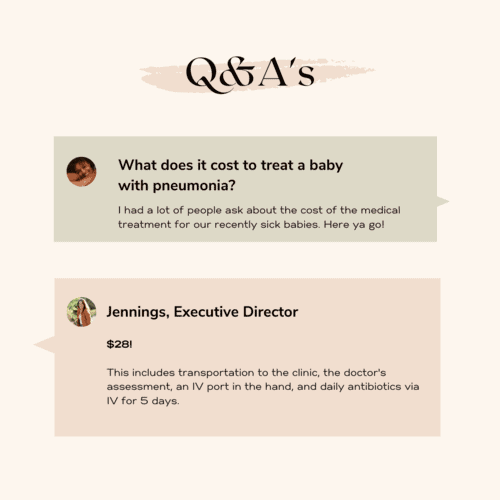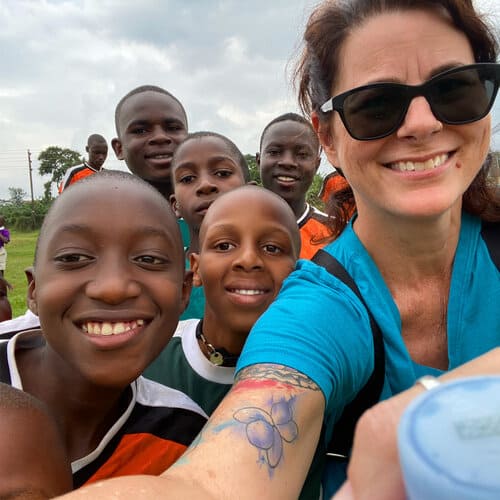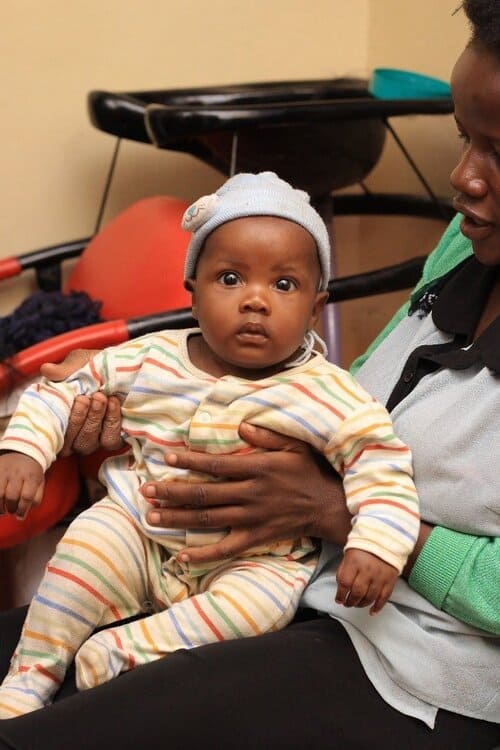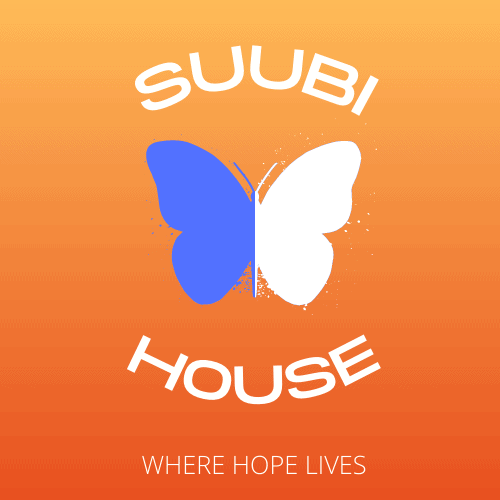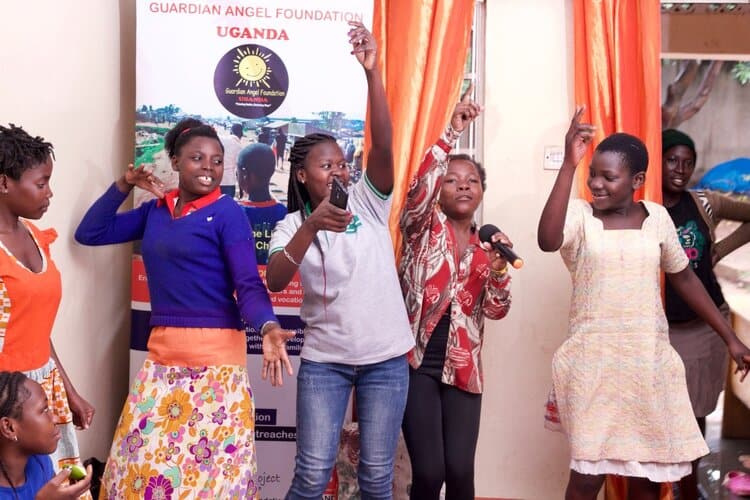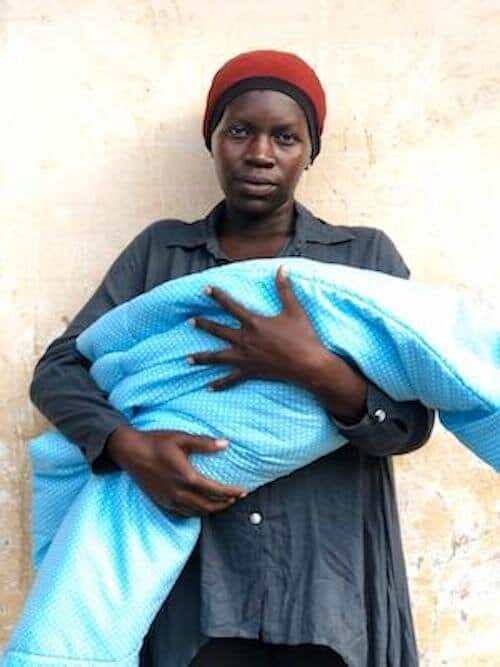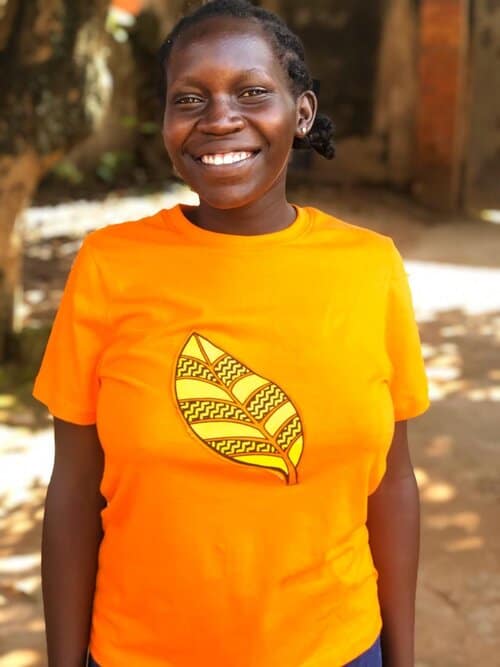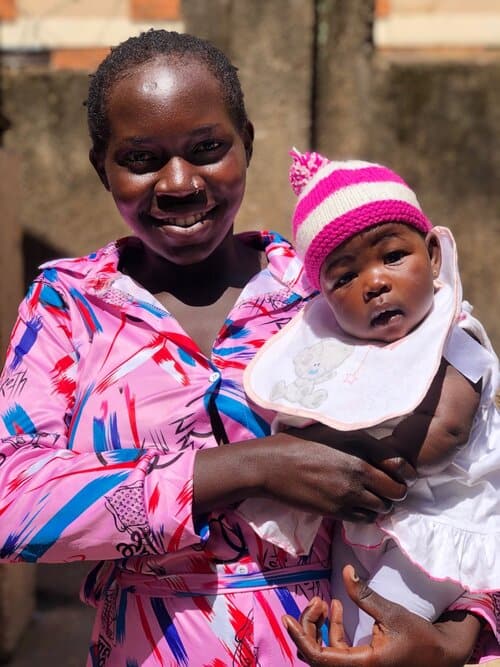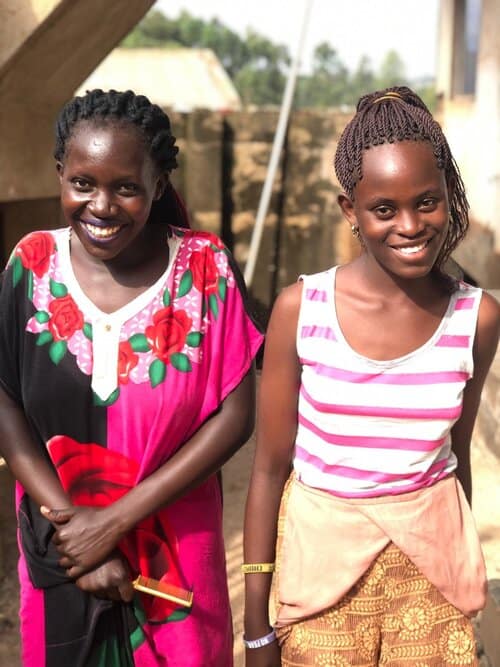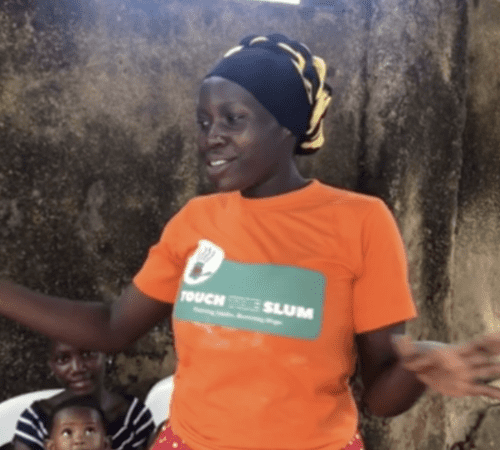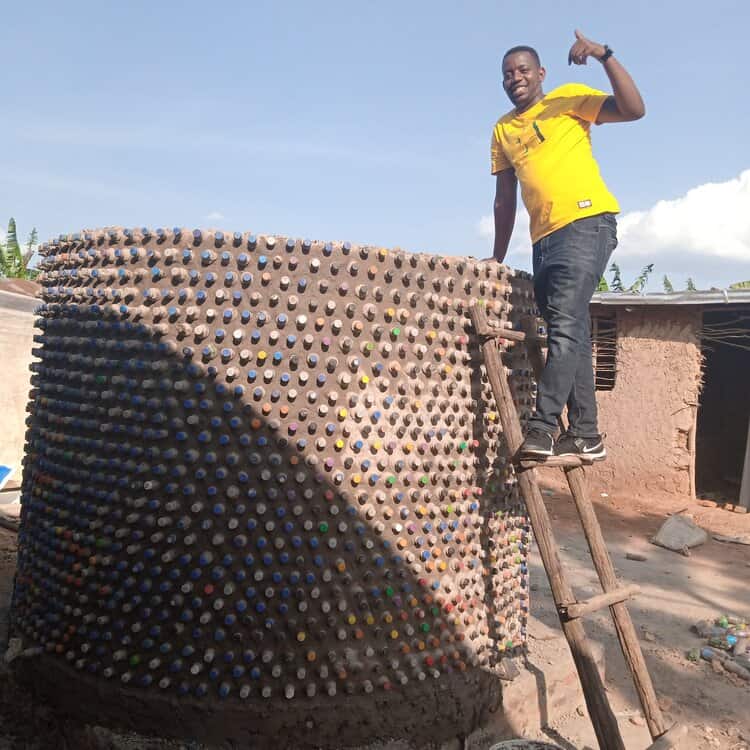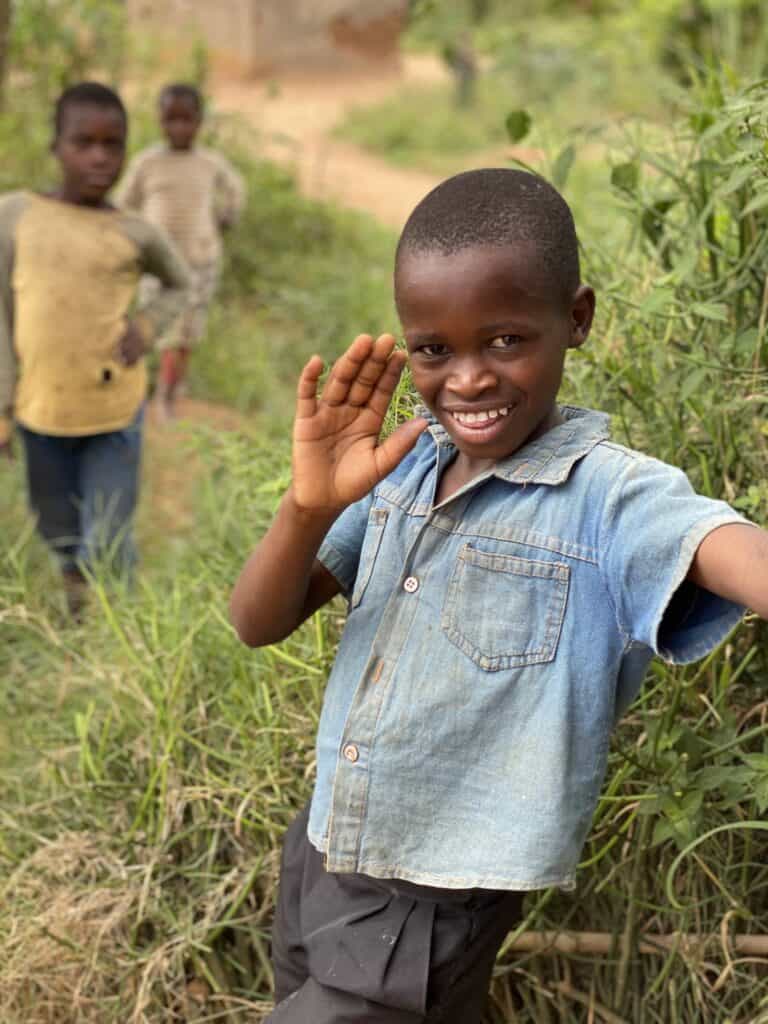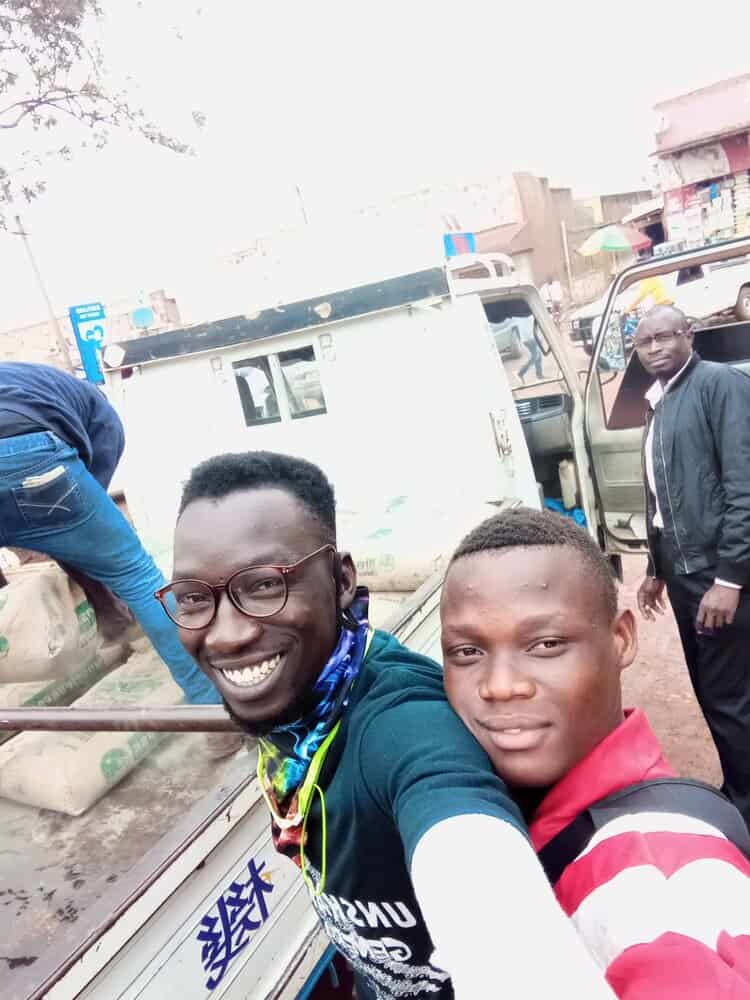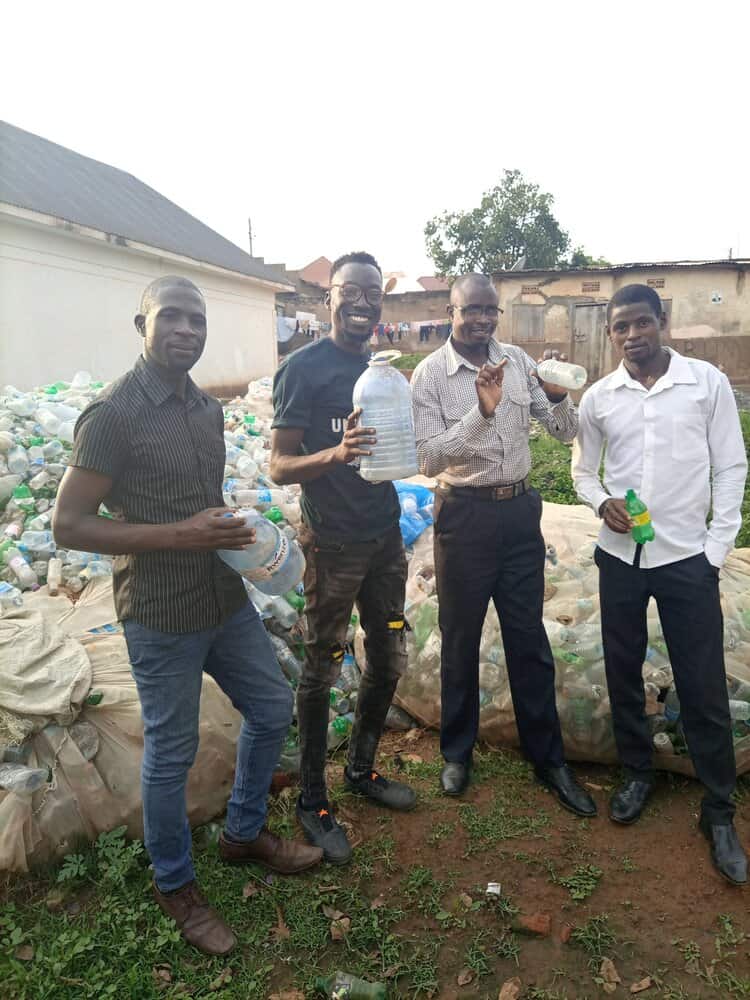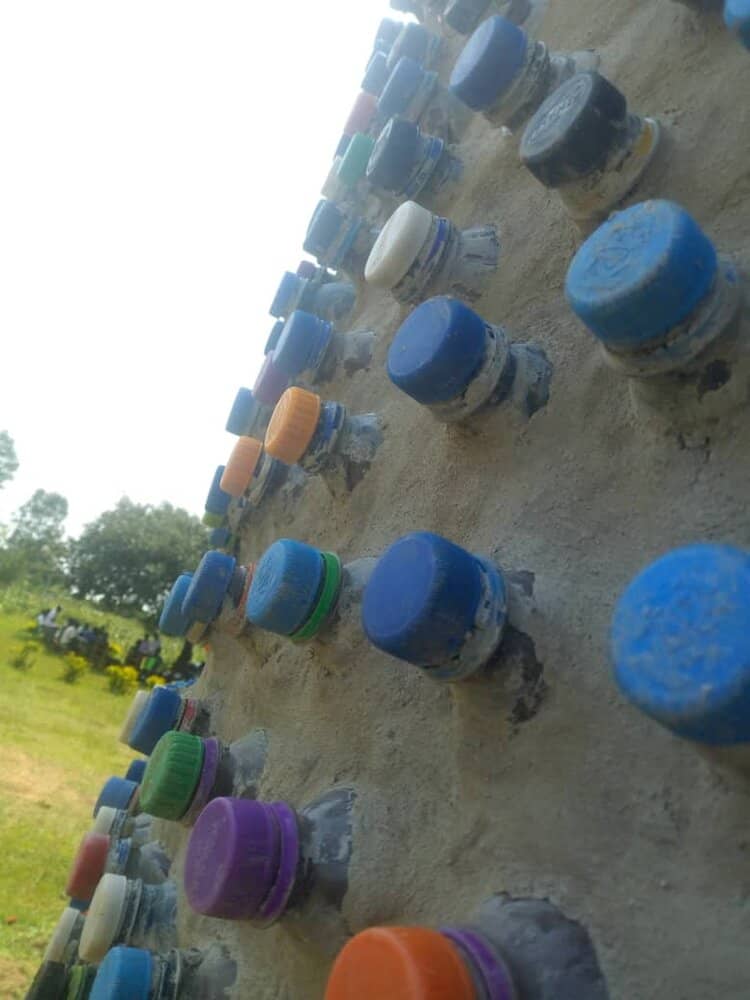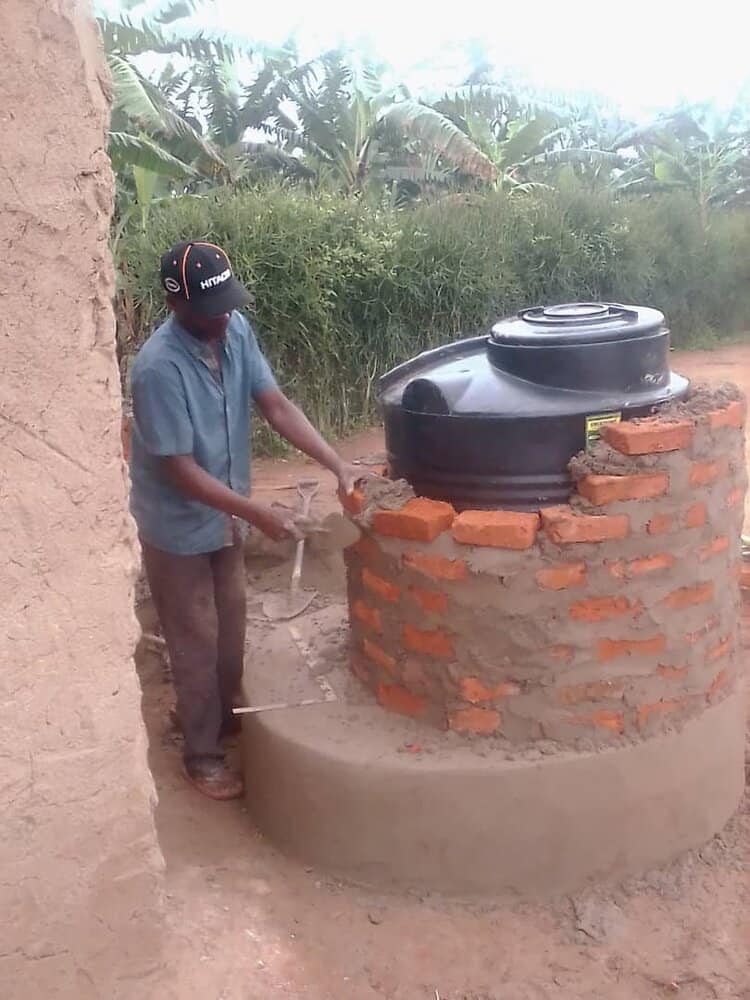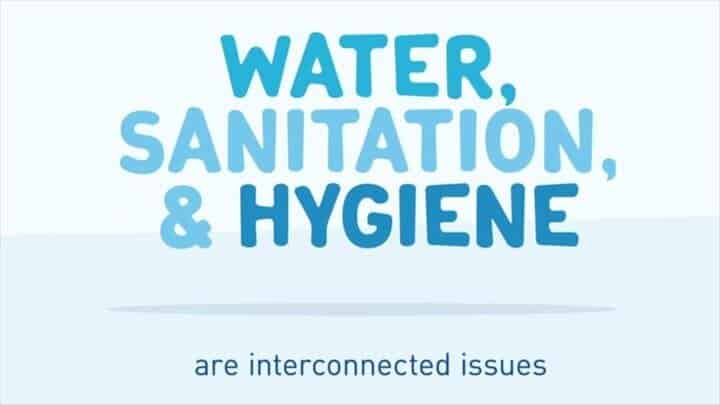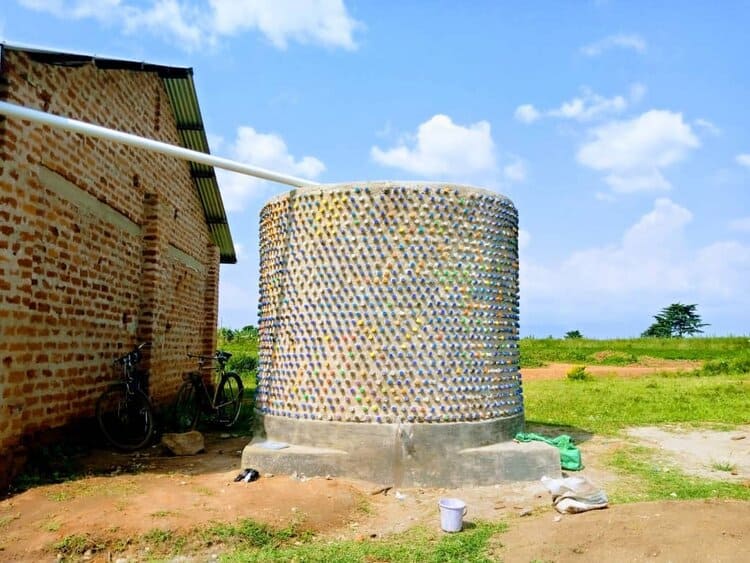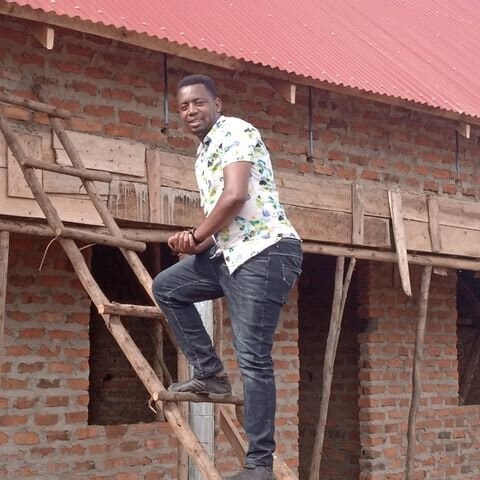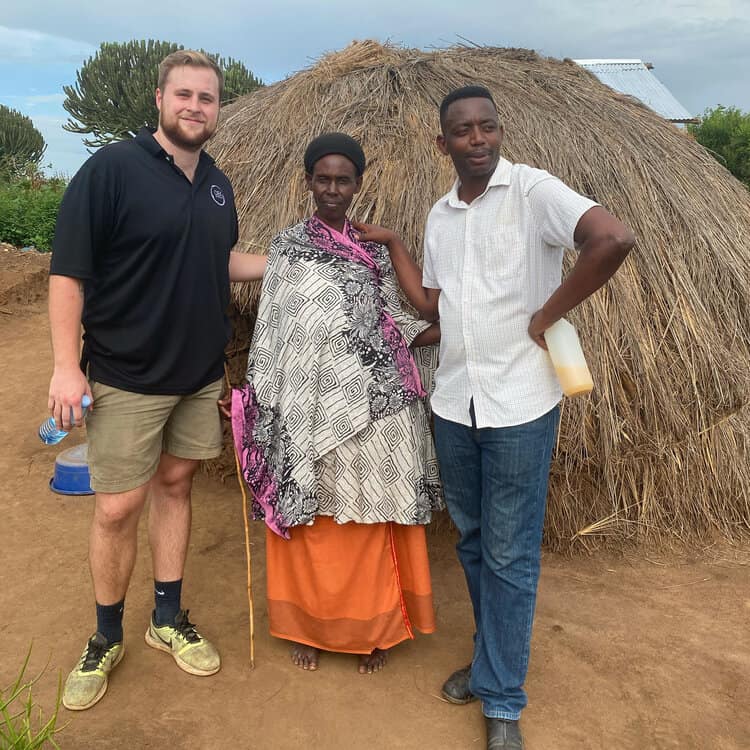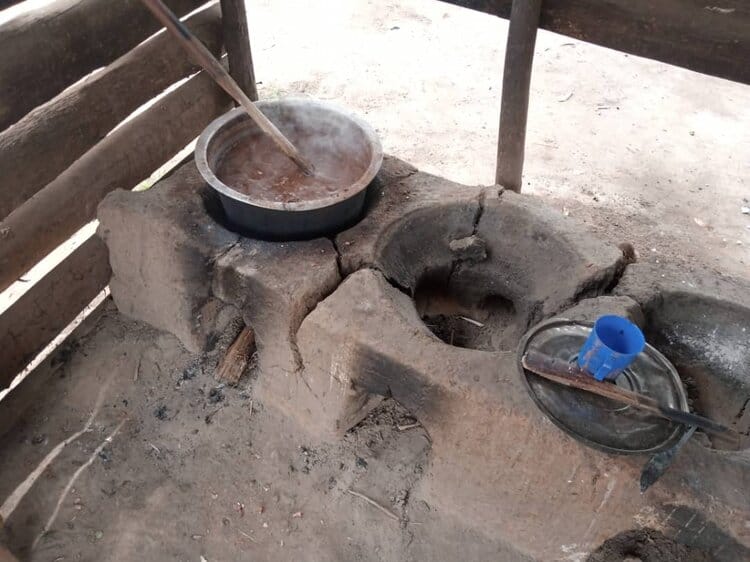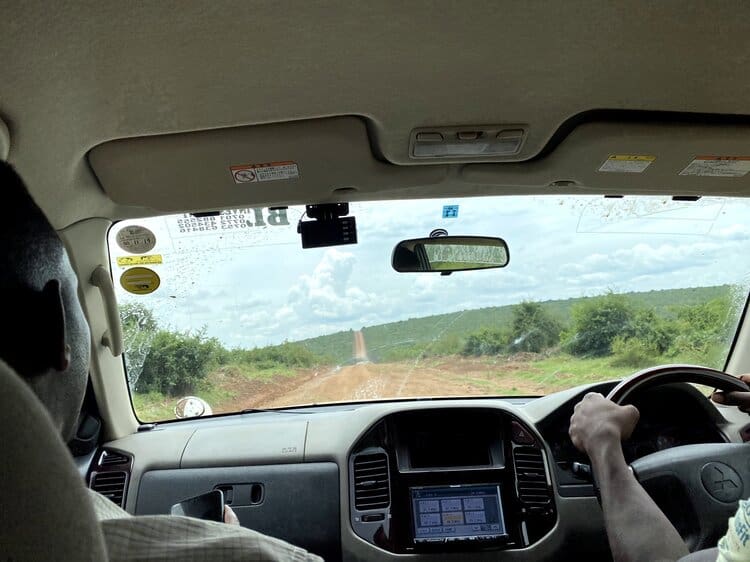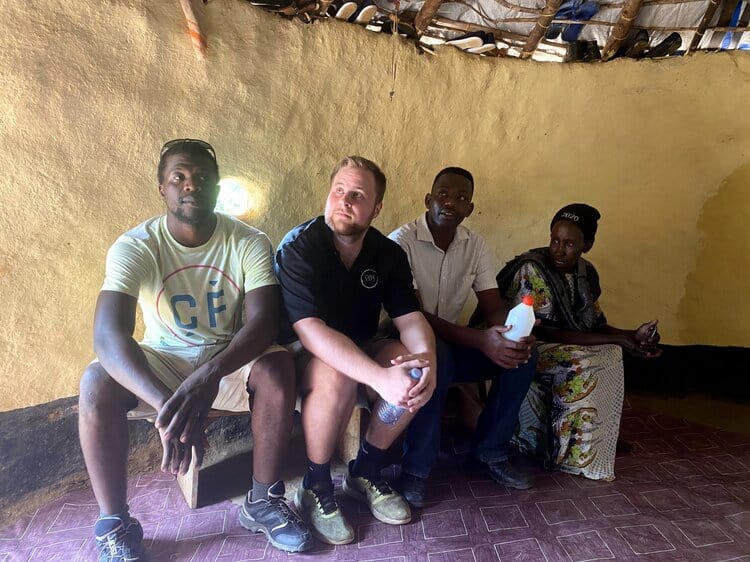OUR GUIDING PHILOSOPHY AT TEN EIGHTEEN UGANDA
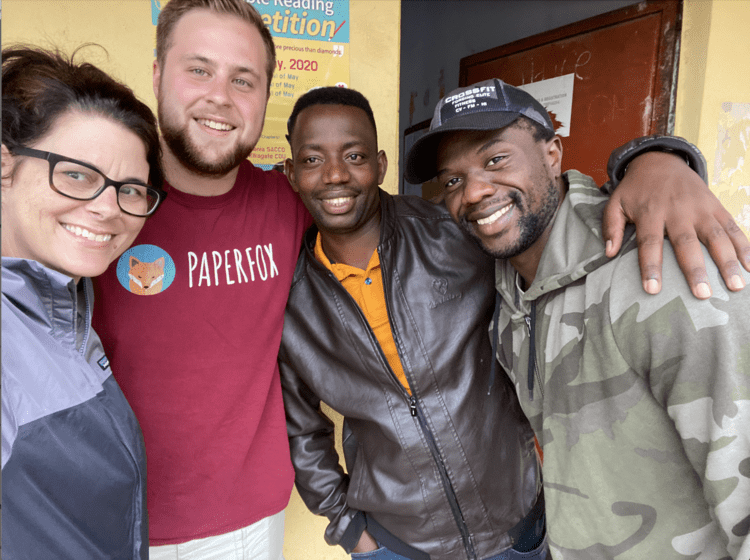
OPPORTUNITY, ACCESS, COLLABORATION
Ugandans know what Ugandans need.
There, I said it.
Let’s be honest, very many (most?) nonprofits define a mission first, then go do it somewhere. Very often, it’s NOT what the beneficiaries themselves think of as their most pressing need.
I have witnessed this first hand:
- A group that painted a house — without asking permission — because “it needed it”
- Groups that distribute clothing, shoes, and/or candy AFTER a presentation, and think all the desperate people waiting for the free stuff cared about the presentation
- Building a clinic when there was no doctor, nurses, or money to pay for staffing or medicines (The organization wasn’t paying, they were just building!)
Okay, these are needs. (Well, not that first one!) These are “good works.” But they are things done TO people, maybe even FOR people, but not WITH people.
Uganda is poor, yes. Desperately so for most people. But Ugandans aren’t stupid. They can look around their communities and see what the needs are.
What they lack are the things Ten Eighteen strives to provide:
- OPPORTUNITY – Money, yes. Introductions to fellow Ugandans in other areas who are doing similar work.
- ACCESS – Again, money helps. So does the technology that facilitates communication and research. Bringing in materials and training that can move their programs forward.
- COLLABORATION – By forming strategic partnerships, instituting regular video meetings (and audio ones when the speed of the internet doesn’t allow video!), and taking advantage of our own life experiences and education, we can collaborate on programs that bring huge success without a huge financial investment.
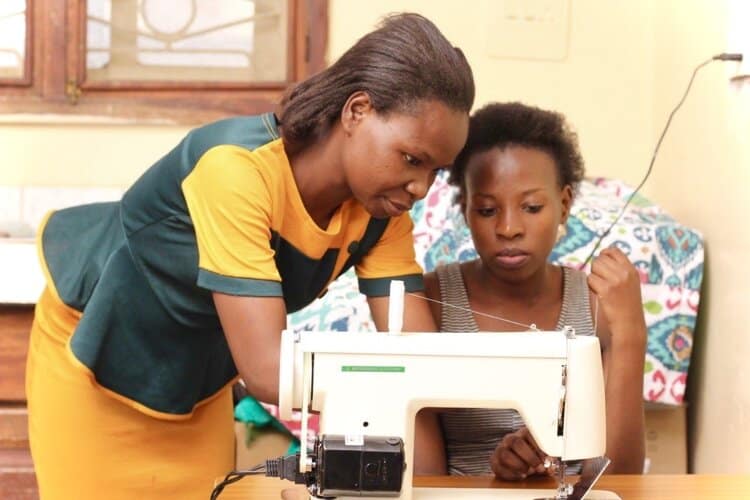
In order to create lasting change, we focus on the change Ugandans truly want. We all know how being forced into change feels — who wants to be forced to give up caffeine, or live without power thanks to a hurricane, or put on bed rest?? We want choices, and we want to buy in to the changes. We’ve been able to achieve so much with so little over the last 12 years because we’ve trusted our Ugandan partners — and because you’ve seen the impact and wanted to make an difference!
OUR GUIDING PHILOSOPHY AT TEN EIGHTEEN UGANDA Read More »

